Organizing money: psychologist warns about what habits can reveal

Organizing money meticulously—putting bills from smallest to largest—may seem like a harmless habit, or even a quirk of someone who likes everything in its place. However, according to psychologist and neuropsychologist Cibele Santos , this behavior may be linked to deeper patterns of control, perfectionism, and, in some cases, Obsessive-Compulsive Disorder (OCD) .
"People often engage in this type of organization as a way to relieve anxiety or feel in control," explains Cibele. "The act of organizing money itself isn't pathological, but the emotional support behind it can be."
When money habits go beyond controlAccording to the DSM-5 (Diagnostic and Statistical Manual of Mental Disorders) , OCD is characterized by obsessions and compulsions. Obsessions are unwanted and intrusive thoughts, while compulsions are repetitive behaviors used to try to relieve the discomfort caused by these obsessions.
Organizing money, in this context, can fit into several manifestations of OCD:- Accounting obsessions: when a person feels the need to count and order objects as a way to avoid an imaginary disaster.
- Verification rituals: the constant checking that everything is “in order,” like the sequence of bills in a wallet.
- Dysfunctional perfectionism: not tolerating seeing notes mixed up or out of alignment, feeling distressed until rearranging them.
"When an individual feels the need to rigidly arrange their bills , and this becomes a way to feel relief, it's important to pay close attention. This could be one of several rituals that are part of OCD," the neuropsychologist points out.

Cibele Santos points out that it's common to confuse OCD with perfectionism. Although they may seem similar, the difference lies in their emotional and functional impact.
"Perfectionism can even be adaptive in certain professions or contexts. OCD, on the other hand, causes suffering. The person knows it's an exaggeration, but they can't stop. They feel overwhelmed by their thoughts and forced to follow rituals," he explains.
This cycle can compromise routine, relationships, and quality of life. Time spent on rituals, such as organizing notes multiple times a day, can interfere with simple commitments, delay tasks, and create isolation.
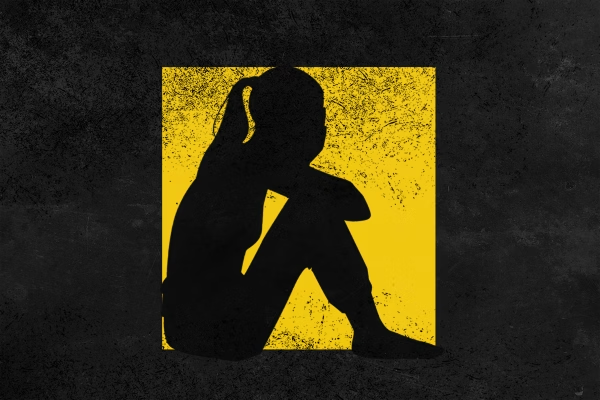
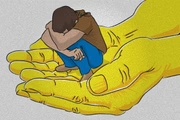

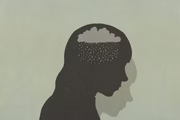
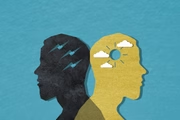


Yellow September: jump in hospitalizations in SP puts mental health in focus
Carla Sena/ Arte Metrópoles
The Yellow September campaign is an initiative dedicated to suicide awareness and prevention. Launched in 2015 by the Center for the Valorization of Life (CVV), in partnership with the Federal Council of Medicine (CFM) and the Brazilian Psychiatric Association (ABP).
Cicero Lopes/Metropolis
It is important for family and close friends to offer support when they notice signs of depression.
Guilherme Prímola/Art/Metropolises
According to the World Health Organization (WHO), around 800,000 people die by suicide every year, which is equivalent to one death every 40 seconds.
Getty Images
Social isolation is also a significant risk factor. It's crucial that people maintain a social circle and support network.
Richard Drury/Getty ImagesAccording to the expert, the first step in dealing with possible signs of OCD is self-observation. "If money management or any other behavior is linked to anxiety, distress, or functional impairment, it's time to seek professional help."
The most effective treatment, according to Cibele, is Cognitive Behavioral Therapy (CBT) , which works to restructure obsessive thoughts and helps patients resist compulsions. In some cases, psychiatric treatment with medication is also recommended.
The psychologist emphasizes that OCD is treatable and that life can be resumed without the burden of rituals. "People don't need to live trapped in these behaviors, such as meticulously organizing their money. Seeking help is an act of courage and self-care."
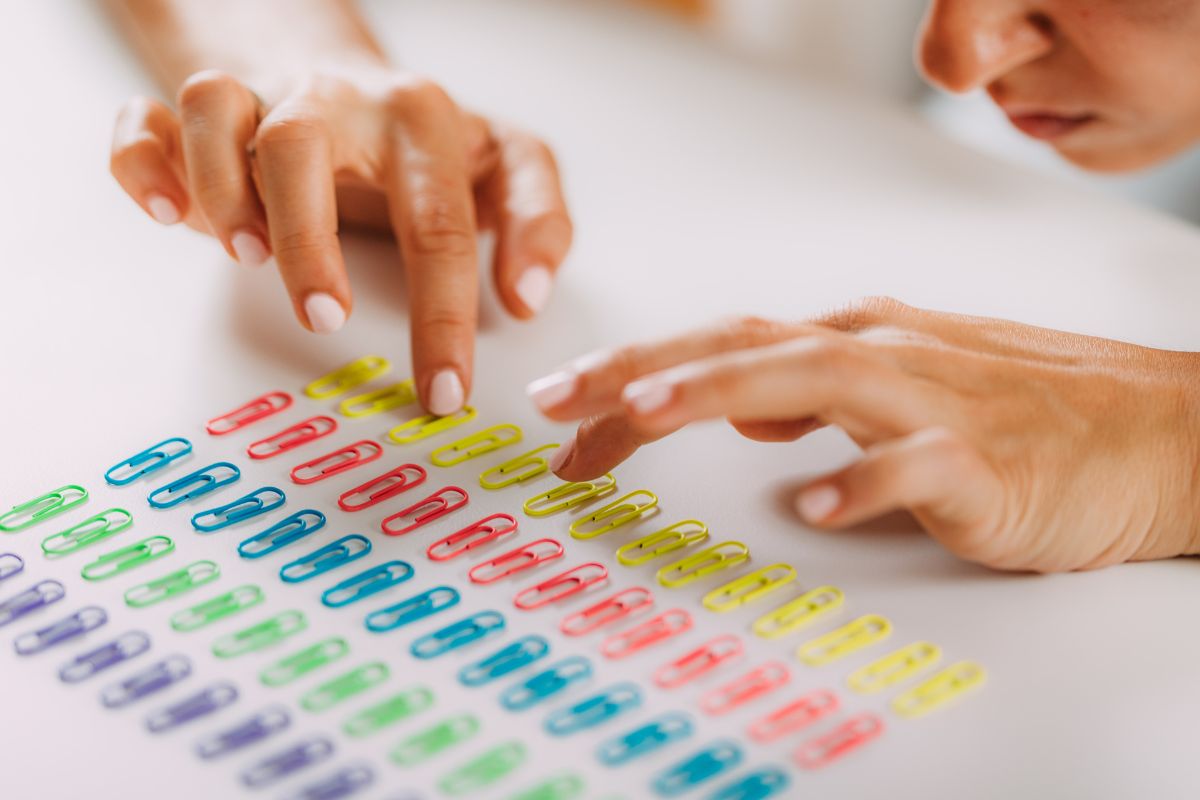
In a previous interview with Metrópoles , psychiatrist Leonardo Fontenelle, a professor of medicine at the Federal University of Rio de Janeiro (UFRJ) and senior researcher at the D'Ór Institute, highlighted that 90% of individuals with OCD have another associated psychiatric disorder, in addition to depression and social phobia. "They are often excessively shy and inhibited, afraid of speaking in public and being judged," says the doctor.
However, the problems go far beyond that. People with OCD are more likely to develop Body Dysmorphic Disorder, meaning they believe they suffer from a constant physical deformity and are constantly preoccupied with their appearance, such as their nose, hair, skin, etc.
“Body Dysmorphic Disorder can affect the individual so much that they spend all their time looking in the mirror or undergoing unnecessary plastic surgery,” says Fontenelle.
Another related disorder is hoarding. Sometimes, hoarders accumulate so many things that they can no longer use certain areas of their home.
metropoles





